HOT DOCS 2020
#SAVESMOOSHI
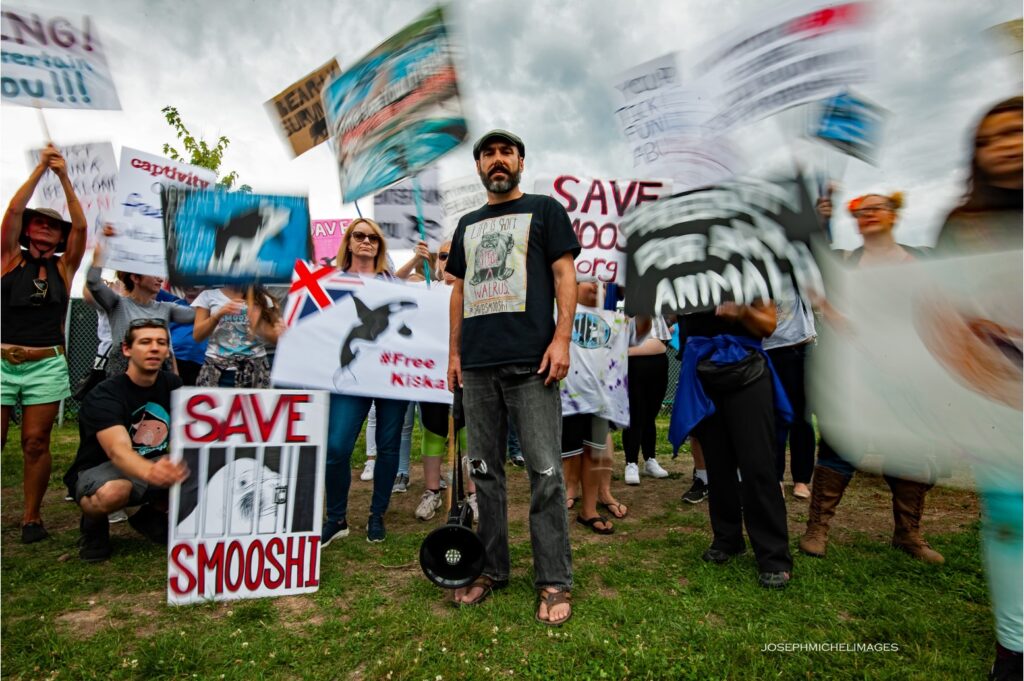

It’s not easy to document an activist such as Phil Demers who has gone great lengths to free the walrus that he fell in love with back when he started working at Marineland in his early 20s. The walrus known as Smooshi has been kept in captivity ever since her inception and it has been a hard-fought war that has Phil Demers has taken upon to stop animal captivity. Selected at this year’s Hot Docs Virtual Film Festival and soon to be part of David Suzuki’s The Nature of Things, director Nathalie Bibeau’s documentary The Walrus and The Whistleblower lays down Phil Demers’ agonizing and heart-wrenching journey. The film signifies how difficult and time consuming it truly is to make a small change especially when you are an average person taking on a corporation. It is not surprising that the corporate treatment of animals continues to be unjust and brutal hence why the whistle was blown by Phil Demers.
Animals that are kept in captivity based on our amusement and profit has to come to an end. Keeping animals, not in their natural habitat is destructive and puts them in distress and that goes for any park in the world. Sure it’s nice to amuse children and have them go home so happy as to what they have seen but that alone does not justify what needs to occur in having animals entertain others. Phil Demers has headed in the right direction with his activism which even earned him several appearances on The Joe Rogan Experience. It’s necessary to bring to light that our continued negligence of animals needs to come to a halt now and not later. If you don’t think that should happen then you should look at where we are today.
FERNTV: Briefly, tell us the story of how you met Phil Demers?
Nathalie: I met him when I was a kid! We were never in the same social groups growing up, but he’s been a good friend of my brother’s since kindergarten. We’re both francophones from a small town in the rust belt of Ontario. I left the region when I was 17 years old and crossed paths with Phil only a couple of times over the next 20 plus years until I approached him about my documentary.
FERNTV: How did the idea of making his story into a documentary come about?
Nathalie: I had been watching the paradigm shift on captivity unfurl in the media for years, and I knew that in Canada, that debate was centred in the two places that had whales and dolphins in captivity: Vancouver and Niagara Falls, which was so close to home. Animal rights issues, boldly led by activists, have swelled into the mainstream in recent years, and I sensed this was the right time for a film like this. I had also been reading about Phil’s fight from a distance for so long, and frankly, my questions on the big picture grew loud enough that I didn’t have a choice anymore. I had to take the leap and make it my first feature film.
FERNTV: How many years did it take you to make this film and what were some of the things that made you stay with it because Phil’s continuing struggle had to be yours as well? Is that correct?
Nathalie: It has taken just over 2 years to make this film, and I am still working on an episode of The Nature of Things on the same subject, but from a different vantage point. I wouldn’t say that Phil’s struggles were mine as well. We are coming at this from different places. What made me stay with it was an unwavering conviction that the story needed to be told. Phil’s relationship with Marineland, and the ongoing public debate on captivity as a whole in Canada, has been active in the public eye for 8 years now, and no one had ever looked at it through this lens in a long-form documentary. In those times of challenge (and believe me, they were intense!), I was driven by a conviction that an artful visual treatment and a nuanced approach could bring home the human struggle inherent in this story. As a filmmaker, I am motivated by what’s in-between those harsh battle lines we often paint when we’re embroiled in a fight. And I held onto the belief that I could pierce through all that and get at the heart of something greater.
FERNTV: What was one of your challenges when making this film?
Nathalie: My greatest challenge was trying to communicate with Marineland in a way that could make them understand I have been genuine in my many attempts to get their point of view, directly from them. This kind of documentary might have allowed them to meet the public and their critics in a meaningful way after all these years of polarization. I had hoped they would allow me to interview a representative, and perhaps follow them as they navigate the new societal waters they find themselves in, but they haven’t agreed, as of yet. I have, however, made sure their voice is heard in the film and I hope that offers something of value to the audience. And if they decide they want to participate in The Nature of Things, I would be happy to talk to them about that.
FERNTV: How was the final product of this film differ from what you envisioned it to be when you first started?
Nathalie: That’s so hard to answer! I approached this story like a blank slate and shaped it as it went along. I had notions of what I wanted to say about the evolving animal rights issues, the human desire to be heard, and the courage it takes to speak out. But I let myself be guided by events, narrative lines of interest and the conversations I was having, and didn’t want to lock myself into any preconceived or fixed ideas. I was also fortunate to have two films to make with this story, which means I could create companion narratives that complement each other. While the film and the episode of The Nature of Things are on the same subject, they are creative exercises that will offer different perspectives and I’m so excited about that.
FERNTV: Did the film Blackfish have any influence on the production of your film and is it a challenge telling those that Walrus and the Whistleblower is a completely different story about animal captivity because of Blackfish’s success?
Nathalie: Blackfish was certainly on my radar before and during the production, and I spoke to many people associated with the film, but I would not say it influenced me. It’s a powerful film that went a long way in triggering a paradigm shift on marine mammal captivity, but I always knew I had things to say that were beyond the scope of that film. The character-driven approach, the human story and the legislative battle for change in The Walrus and the Whistleblower make it quite different, in my opinion, while existing in the same space and building on the broader conversation 7 years later.
FERNTV: What are your thoughts on Phil Demers at this point?
Nathalie: Ha!! How much time do you have? He gave me generous access to his story, which is a gift for a filmmaker. When someone allows you into their world, you have a great responsibility to listen carefully and interpret their story with care. Phil Demers is a warrior with a sharp edge. He’s witty, impulsive, courageous yet vulnerable behind all that bravado, difficult but self-aware, the most compelling and fascinating of all the characters I have ever followed, and a giant pain in the ass.
FERNTV: How does it feel to be part of Hot Docs this year?
Nathalie: I muffled a scream of excitement when I got the call from Alex Rogalski saying the film had been selected! He probably wondered what the silence was all about. 🙂 I was so excited to present the film on the big screen and devastated when the pandemic made that impossible. But despite that, I have to say that my first experience having a film of my own at Hot Docs has been stellar. They are a tight, well-oiled machine that’s incredibly supportive of their filmmakers. It’s enough to bring a tear to my eye. Making a movie is bloody hard and they know it. Their flexibility and ingenuity are evidenced in their partnership with CBC to bring a select few films to a national audience with Hot Docs @ Home and I’m thrilled to be a part of that.
-

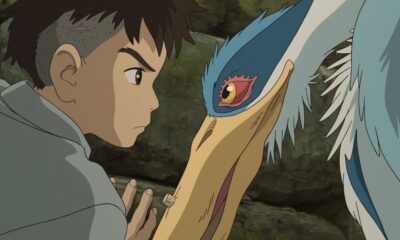

 BIPOC4 months ago
BIPOC4 months agoThe Boy and the Heron @TIFF 2023
-

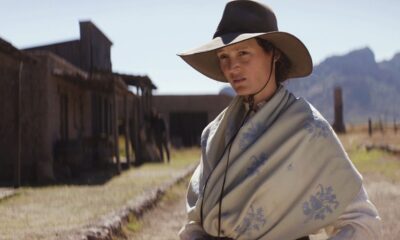

 TIFF 20238 months ago
TIFF 20238 months agoViggo Mortensen in The Dead Don’t Hurt @TIFF2023
-

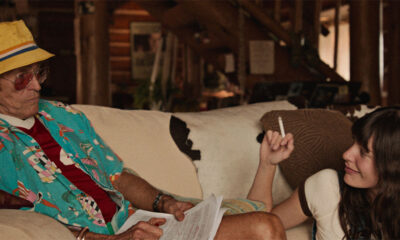

 Uncategorized8 months ago
Uncategorized8 months agoWillem Dafoe in Gonzo Girl @TIFF 2023
-

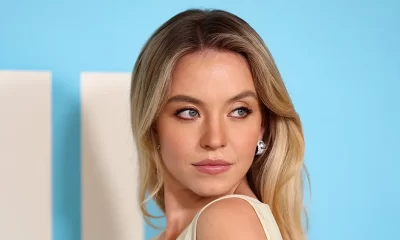

 ACTORS/ACTRESSES2 months ago
ACTORS/ACTRESSES2 months agoAn Exciting Conversation with Sydney Sweeney @SXSW 2024
-

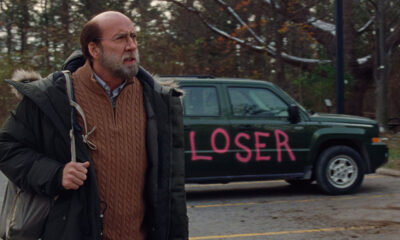

 TIFF 20238 months ago
TIFF 20238 months agoNicolas Cage in Dream Scenario @TIFF 2023
-

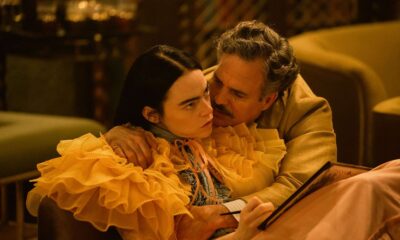

 ACTORS/ACTRESSES3 months ago
ACTORS/ACTRESSES3 months agoThe Exciting 96th Oscar Nominations Announced
-



 Uncategorized9 months ago
Uncategorized9 months agoSly to close TIFF2023
-

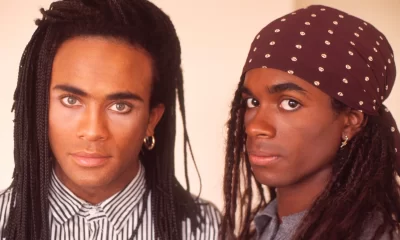

 TRIBECA 202311 months ago
TRIBECA 202311 months agoMilli Vanilli @ Tribeca Film Festival 2023
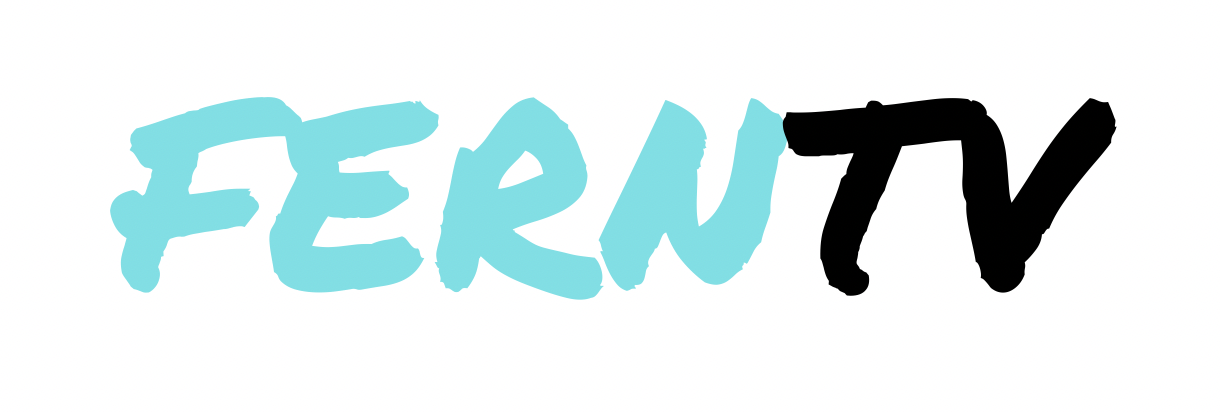
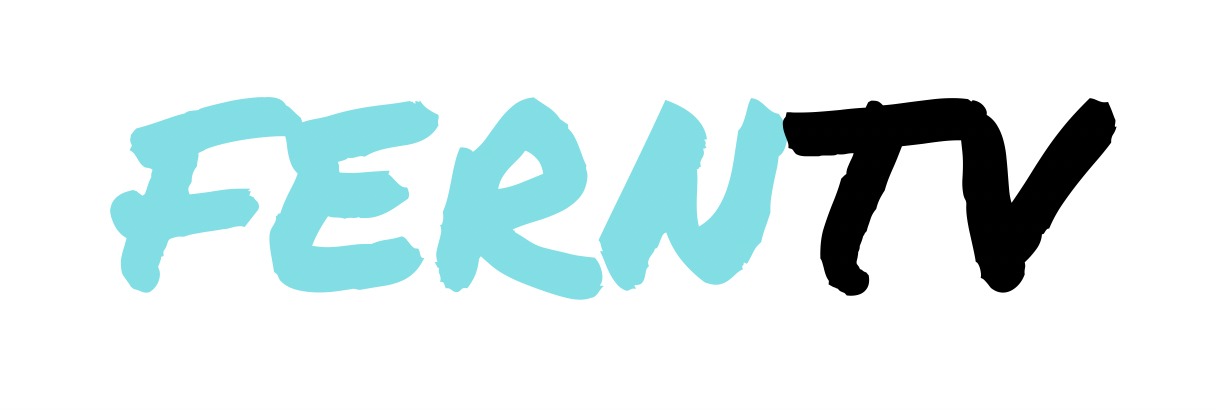
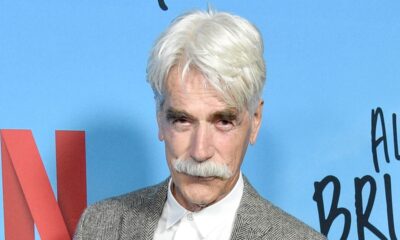

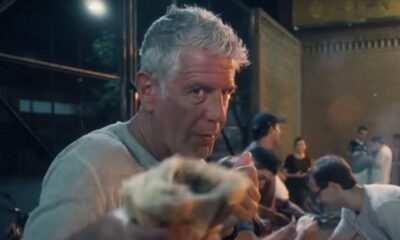



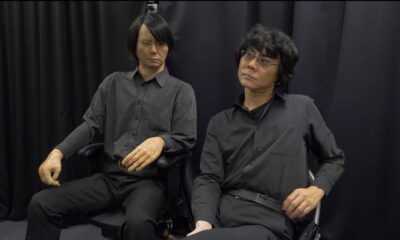

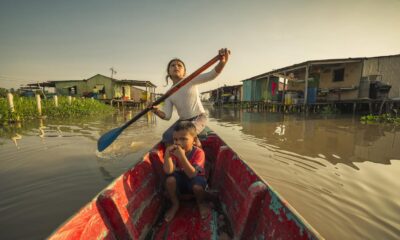

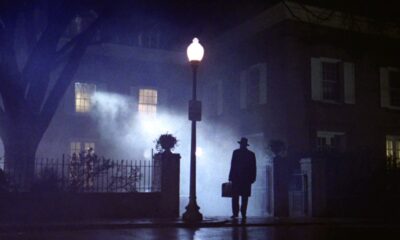




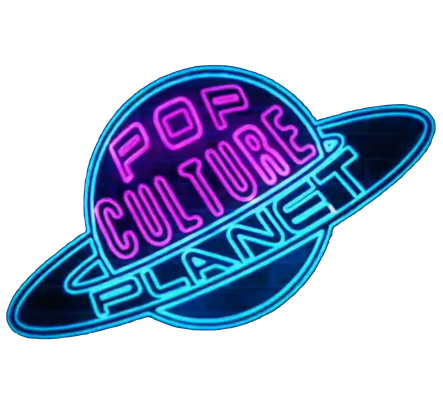
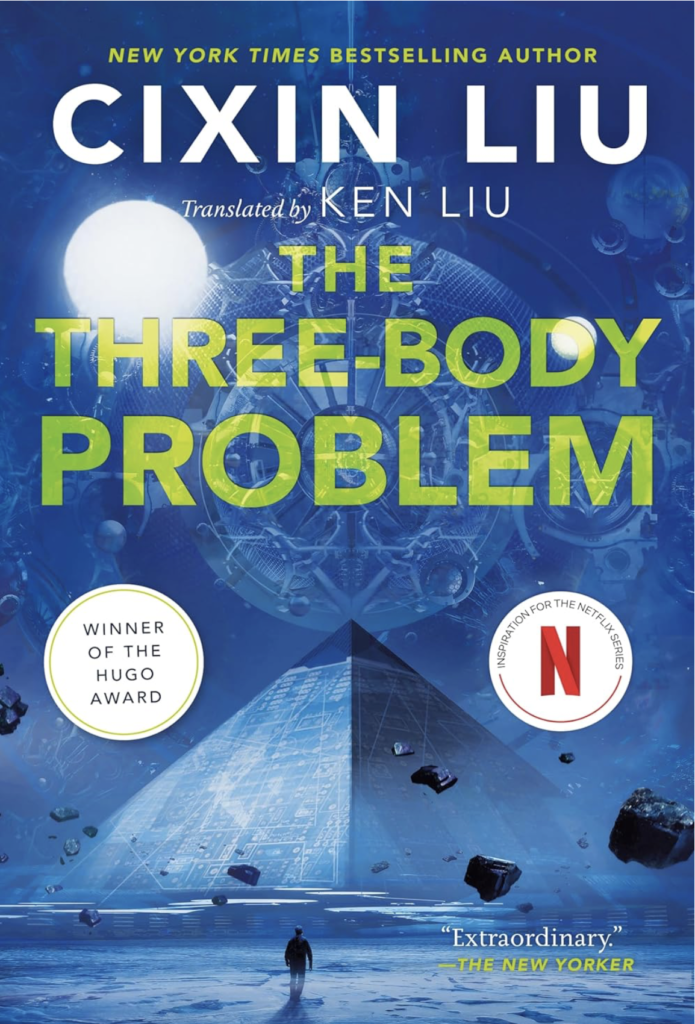
Pingback: My Homepage
Pingback: relx